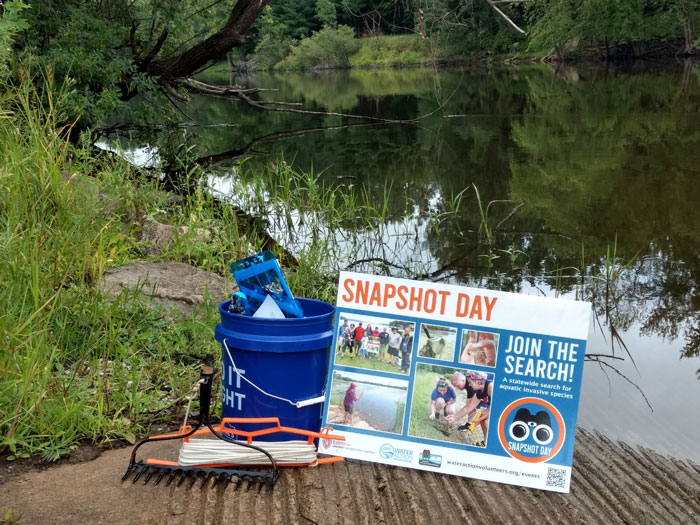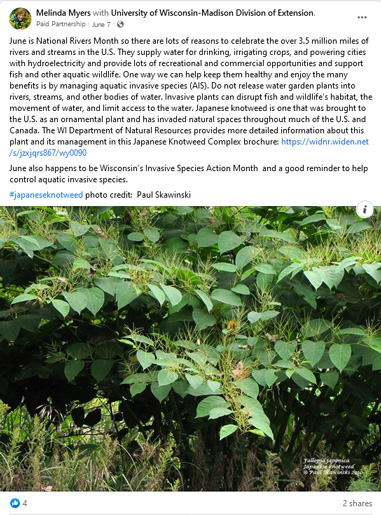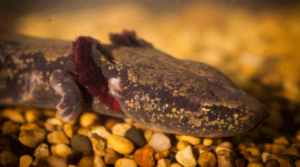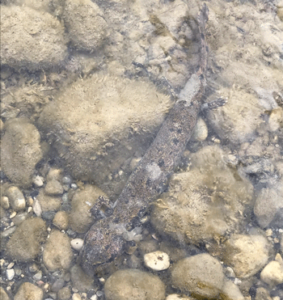Watershed Moments: Collaborative Effort
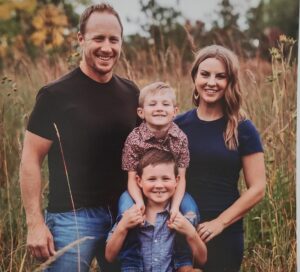
Jon Lamers hopes his sons one day want to be the 5th generation of farmers on his land.
The closer a farm is to a river, the greater an impact it has on that surface water. The larger a farm is, the greater an impact it has. Local farmer Jon Lamers has a large farm close to a river, and he is keenly aware that the large impact of his farm means he has a great responsibility to manage things well. But for Jon, the extra work is all worth it.
“I have the ability to learn all these things,” Jon said. “The challenge provides bleeding-edge learning. It makes it fun!” He got that attitude from his parents, who taught him how to care for the farm.
Jon is a 4th generation farmer in Wisconsin, so he has been part of conservation practices for a long time. So long, in fact, that he doesn’t remember exactly how he got started. He can readily point out how those practices have changed over time.
“Growing up, conservation looked more like being frugal. Not being wasteful with food or resources,” said Jon.
For his generation, he’s seen more of a focus on implementing practices in the field. He proudly participates in no-till and cover crop practices. “We’re using the best ways that we know today to do the best job we can,” Jon said. “In the future, it may be proven that we weren’t doing enough, but we’re doing the best we can with the knowledge we have now.”
Jon’s motivated to do the best he can now for the future, because his sons could be the 5th generation of farmers on this land. He wants to prepare them with skills they will need beyond agricultural knowledge. “I hope we provide them with knowledge and opportunity, and expose them to as many different people and things as we can,” he said. “I want to give them the emotional intelligence to foster relationships so they can do what they want in life.”
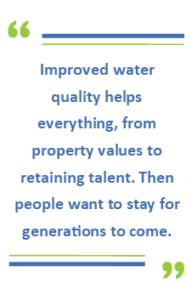
Jon’s best guess is that whatever comes next, it’s going to require communication and cooperation. He already works with neighboring farms to co-own equipment, and stresses that decisions need to be for the benefit of everyone, not just for him or his dairy.
This spring when there was a barn fire in the community, Jon and his team showed up with equipment to help out. And that’s not unusual.
“The biggest risk,” Jon said, “is not working together as a team. It’s not us versus the world.”
That’s part of why Jon likes working with Fox-Wolf Watershed Alliance. “Fox-Wolf brings a collaborative effort that brings together rural and urban concerns. They bring all people to the table with a goal of having a clean water supply, and they create a non-threatening environment for everyone,“ said Jon.
Jon readily invites everyone to be part of the collaboration of improving water quality. “It all helps the greater good to have good water,” he said. “The best part of Fox-Wolf is understanding that all of us have to exist. They’re not trying to get rid of problems by getting rid of people. All sides have a part to play, and we can all make a huge difference.”
Watershed Moments is a publication of Fox-Wolf Watershed Alliance, sharing the stories of how your donations have impacted lives in our community. Read our latest project updates, make a secure online donation, or become a member at www.fwwa.org
The post Watershed Moments: Collaborative Effort appeared first on Fox-Wolf Watershed Alliance.
Fox-Wolf Watershed Alliance
https://fwwa.org/2024/07/16/watershed-moments-collaborative-effort/?utm_source=rss&utm_medium=rss&utm_campaign=watershed-moments-collaborative-effort

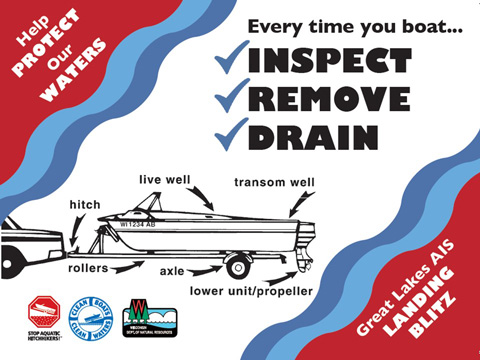 annual Landing Blitz campaign runs June 26th – July 6th, 2024. Clean Boats, Clean Waters (CBCW) boat inspectors and educators will meet boaters at lake and river launches to remind them that by taking simple prevention steps, we all play a vital role stopping the spread of aquatic invasive species (AIS) like zebra mussels.
annual Landing Blitz campaign runs June 26th – July 6th, 2024. Clean Boats, Clean Waters (CBCW) boat inspectors and educators will meet boaters at lake and river launches to remind them that by taking simple prevention steps, we all play a vital role stopping the spread of aquatic invasive species (AIS) like zebra mussels.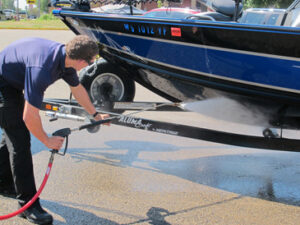
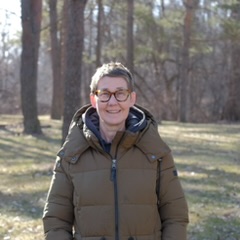
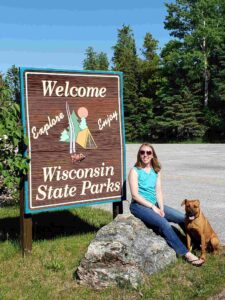
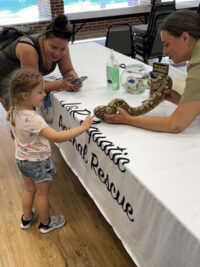
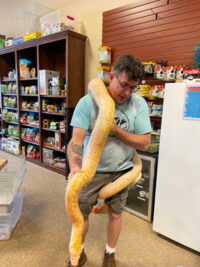 unable to care for their pet may think that releasing the animal is the right thing to do, however, releasing a pet is harmful for the animal and the environment.
unable to care for their pet may think that releasing the animal is the right thing to do, however, releasing a pet is harmful for the animal and the environment.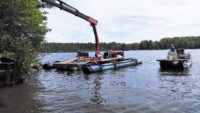 strategy. Simply put, an ounce of prevention is worth a pound of cure. But if only it were just that simple. The variables and situations that can impact a waterbody may seem so limitless that it can be daunting to know where to start. As a lake resident, you might consider questions such as:
strategy. Simply put, an ounce of prevention is worth a pound of cure. But if only it were just that simple. The variables and situations that can impact a waterbody may seem so limitless that it can be daunting to know where to start. As a lake resident, you might consider questions such as: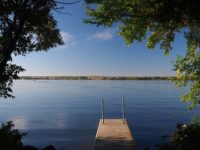 transporting and spreading AIS without proper decontamination. While everyone is required to “inspect, remove, and drain” per Wisconsin State Statutes NR40, these steps might not always be 100% effective especially for high-risk users such as service providers who are often working on multiple lakes in a single day and interacting with lake water and sediment in ways that recreational users are not. These kinds of service providers need to follow the same prevention steps that we all do, but they are not required to take the extended steps, such as spraying equipment with a bleach solution, making it all the more important for consumers to advocate for their lake.
transporting and spreading AIS without proper decontamination. While everyone is required to “inspect, remove, and drain” per Wisconsin State Statutes NR40, these steps might not always be 100% effective especially for high-risk users such as service providers who are often working on multiple lakes in a single day and interacting with lake water and sediment in ways that recreational users are not. These kinds of service providers need to follow the same prevention steps that we all do, but they are not required to take the extended steps, such as spraying equipment with a bleach solution, making it all the more important for consumers to advocate for their lake.


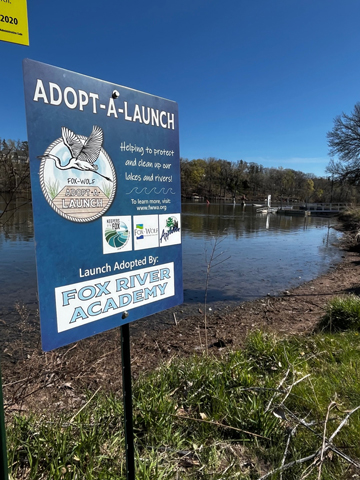
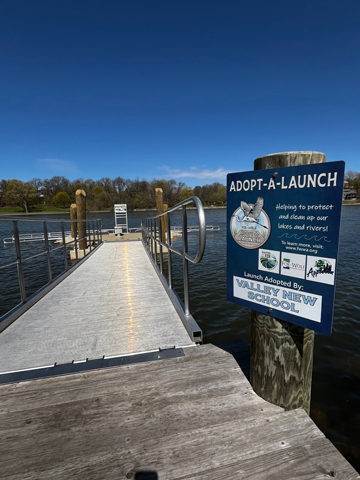
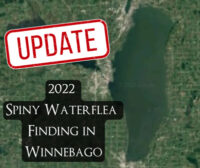 been laid in the sediment of the lake. Following analysis of the samples collected, we are please to report that no evidence of spiny waterflea were found which includes not finding any eggs!
been laid in the sediment of the lake. Following analysis of the samples collected, we are please to report that no evidence of spiny waterflea were found which includes not finding any eggs!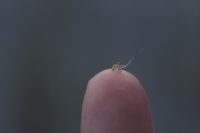
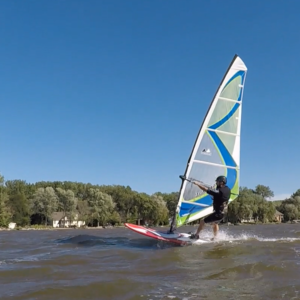
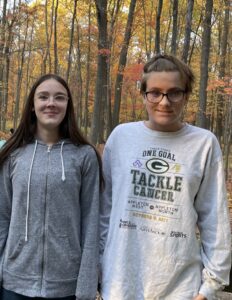
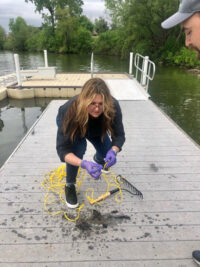 boat launches! Get involved today!
boat launches! Get involved today!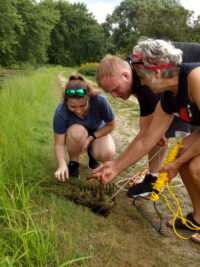 which topics they are interested in monitoring. The information gathered by volunteers is even used by Wisconsin Department of Natural Resources and university biologists and researchers, UW-Extension, and other interested individuals in projects that work to improve your lake! Help keep track of changes in your lake while being near your favorite Winnebago lake! This opportunity is easy to do from both the shoreline as well as your boat!
which topics they are interested in monitoring. The information gathered by volunteers is even used by Wisconsin Department of Natural Resources and university biologists and researchers, UW-Extension, and other interested individuals in projects that work to improve your lake! Help keep track of changes in your lake while being near your favorite Winnebago lake! This opportunity is easy to do from both the shoreline as well as your boat!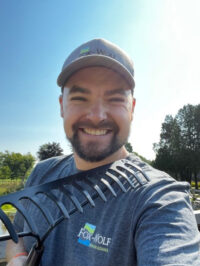
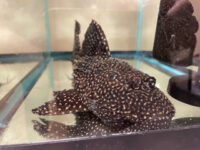 provide responsible alternatives and a judgement-free environment for pet owners who can no longer care for their exotic animals.
provide responsible alternatives and a judgement-free environment for pet owners who can no longer care for their exotic animals.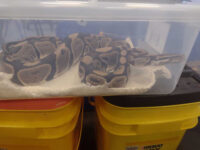 collaborative effort ensures that these animals are given proper care and attention.
collaborative effort ensures that these animals are given proper care and attention.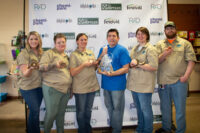 With 29 events planned for the year there are ample opportunities for pet owners to seek assistance in rehoming their animals.
With 29 events planned for the year there are ample opportunities for pet owners to seek assistance in rehoming their animals.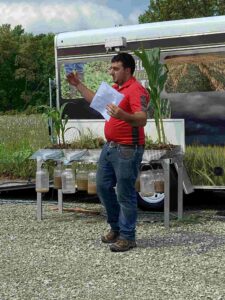

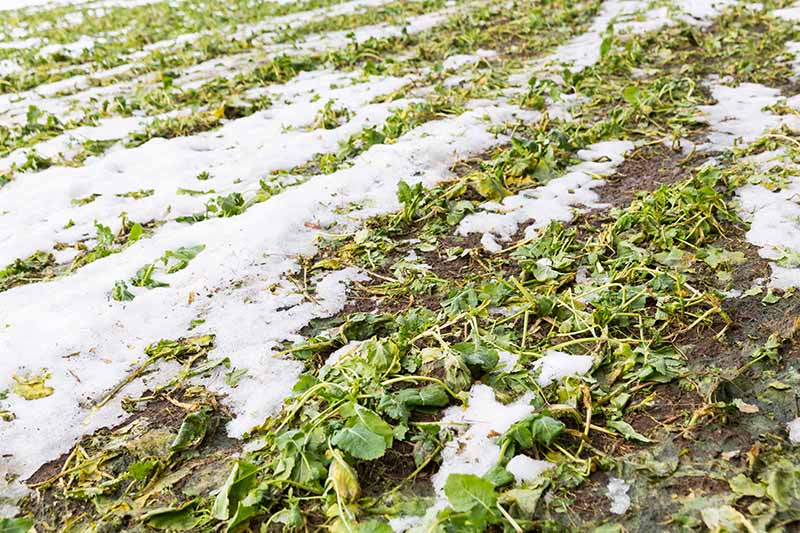
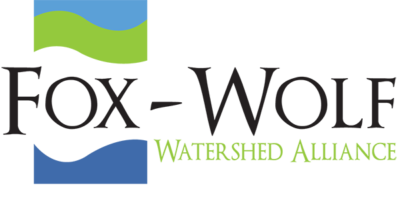
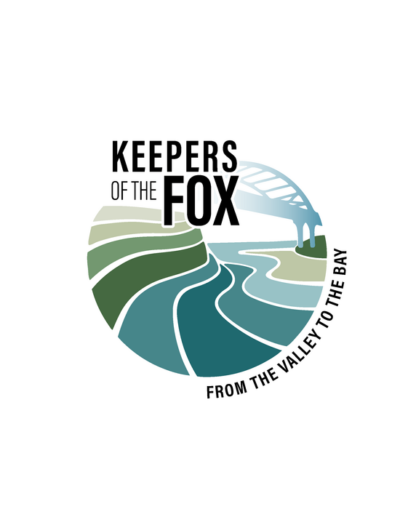
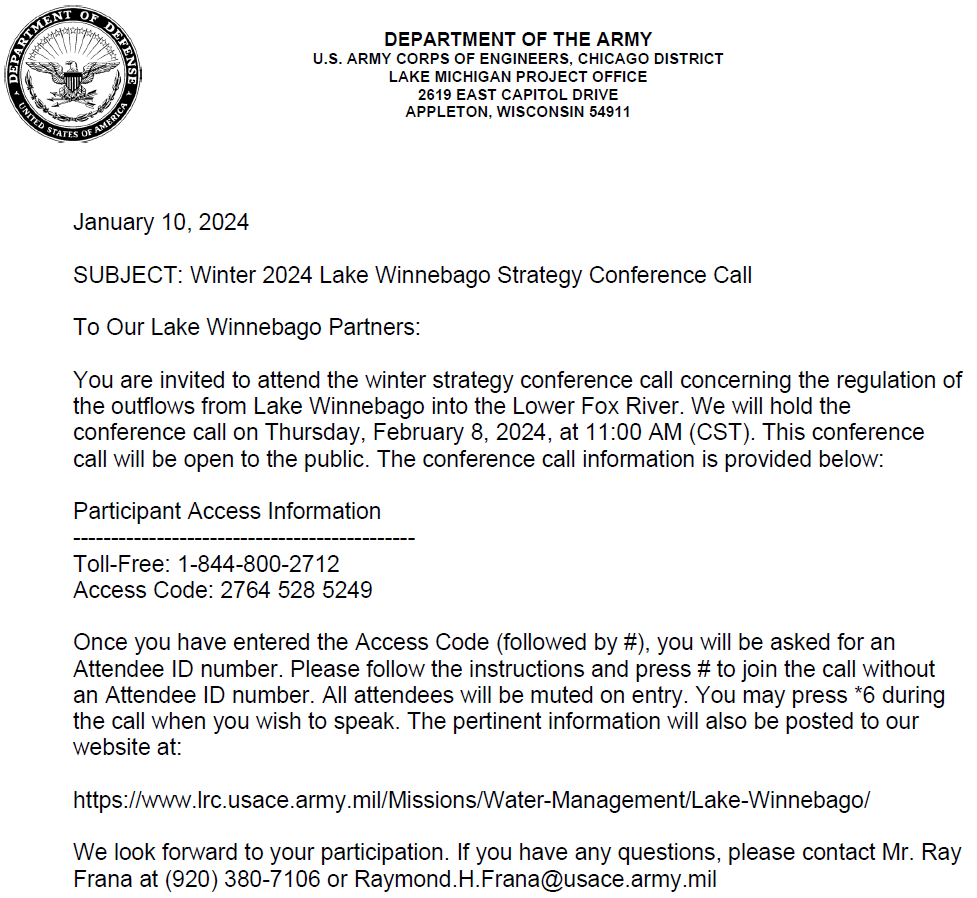
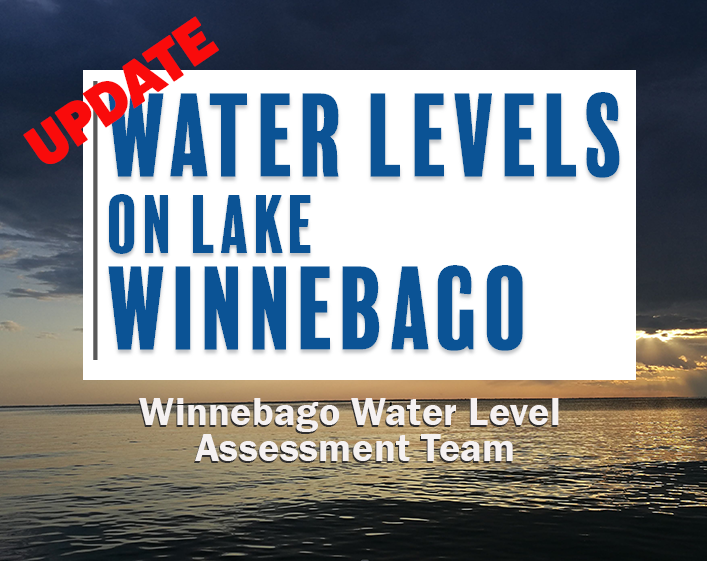
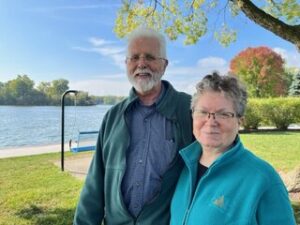
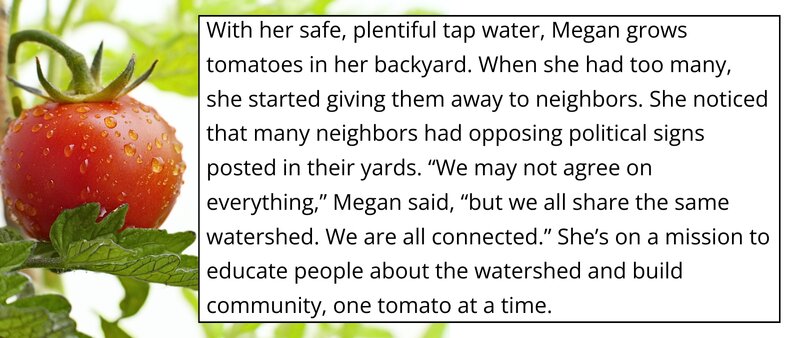
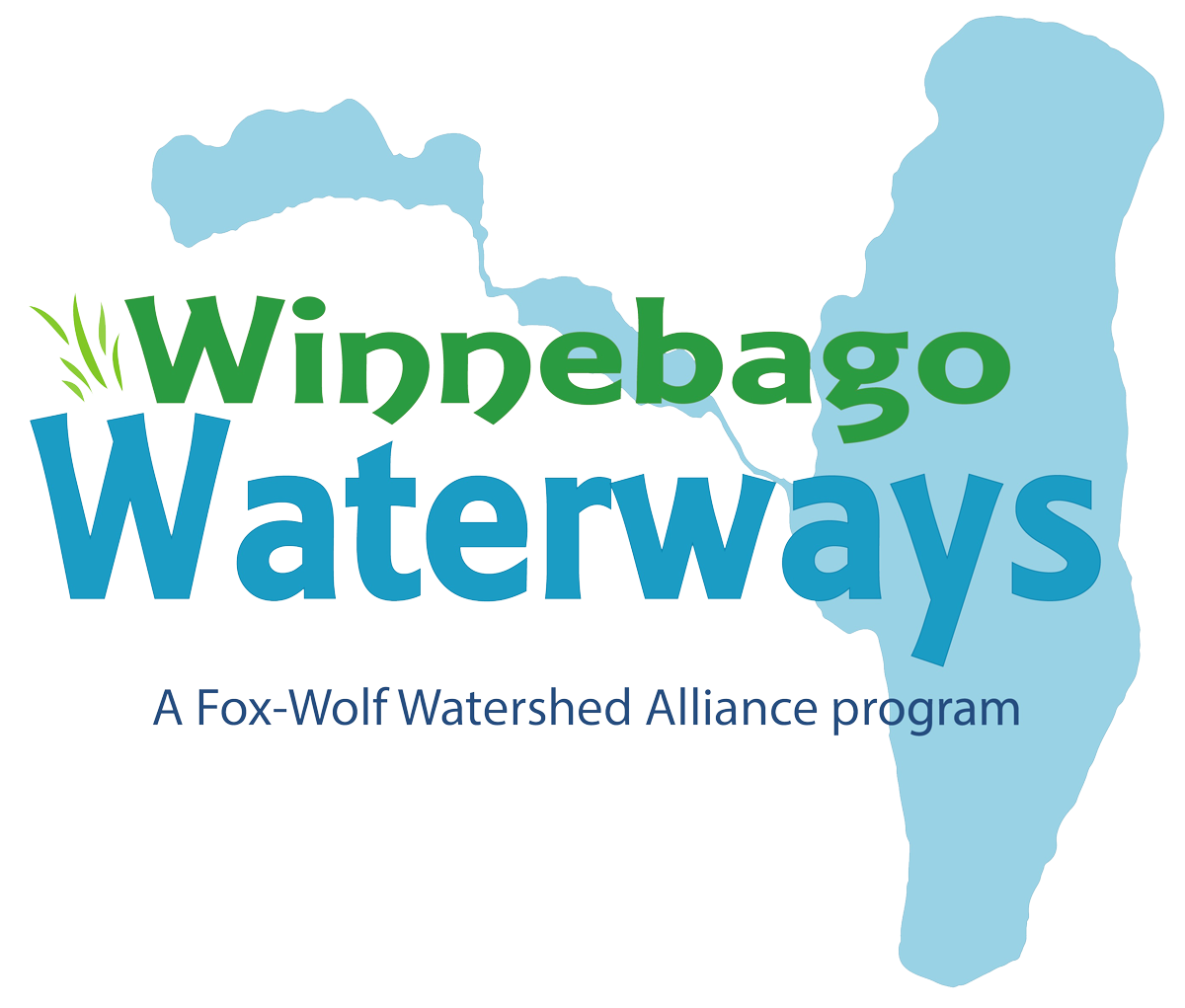

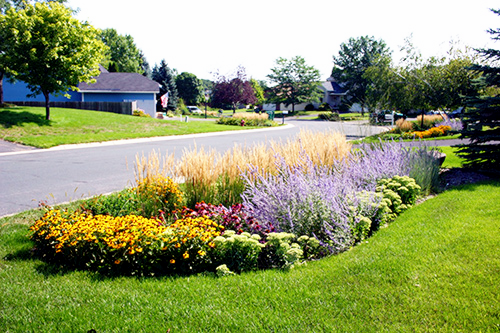 Attention Master Gardeners, Master Naturalists, Garden Club Members and others advising home gardeners; this webinar is for you! Representatives from UWEX and DNR will join Melinda Myers to talk about current threats, available resources and ways we can all work together to manage invasive plants. To register for the free webinar, click the button below!
Attention Master Gardeners, Master Naturalists, Garden Club Members and others advising home gardeners; this webinar is for you! Representatives from UWEX and DNR will join Melinda Myers to talk about current threats, available resources and ways we can all work together to manage invasive plants. To register for the free webinar, click the button below!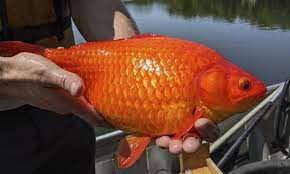
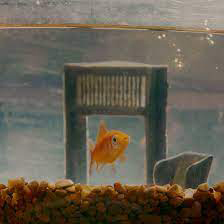 Goldfish were first spotted in Hamilton Harbour in the 1960s, but largely died off in the 1970s because of industrial contamination. In the early 2000s, their population appeared to recover. Goldfish can tolerate a wide range of water temperatures, reach sexual maturation quickly, and can eat nearly anything, including algae, aquatic plants, eggs and invertebrates, Ms. Boston said.
Goldfish were first spotted in Hamilton Harbour in the 1960s, but largely died off in the 1970s because of industrial contamination. In the early 2000s, their population appeared to recover. Goldfish can tolerate a wide range of water temperatures, reach sexual maturation quickly, and can eat nearly anything, including algae, aquatic plants, eggs and invertebrates, Ms. Boston said.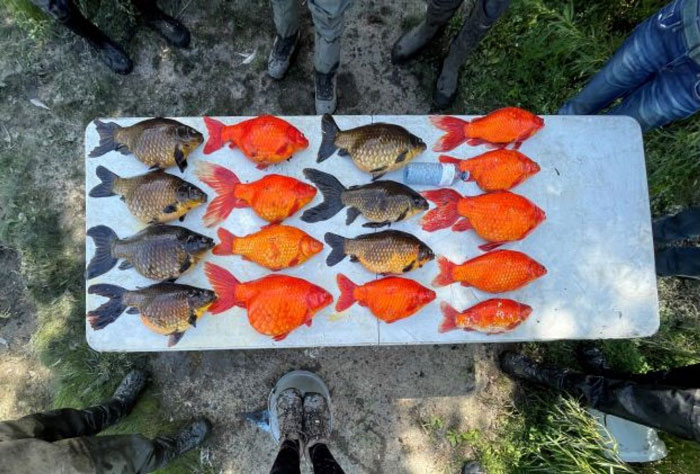
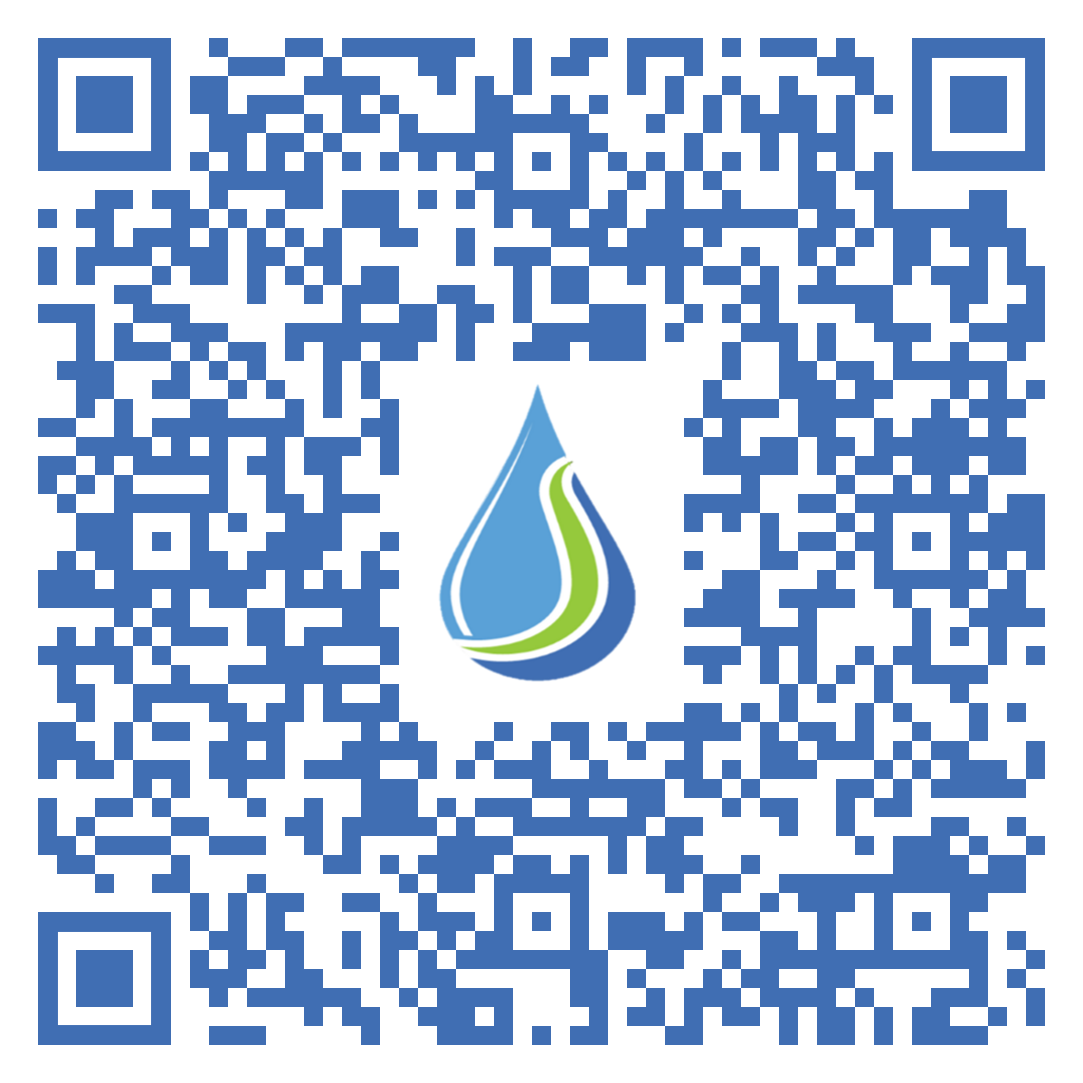
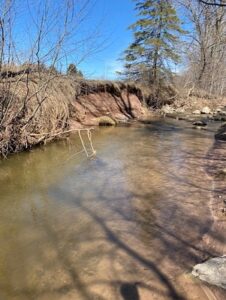
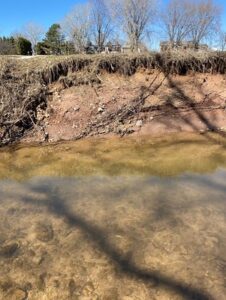

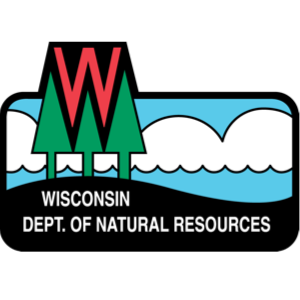
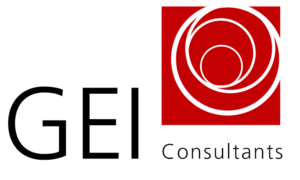
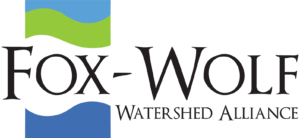

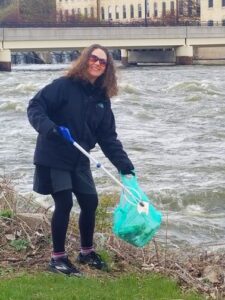
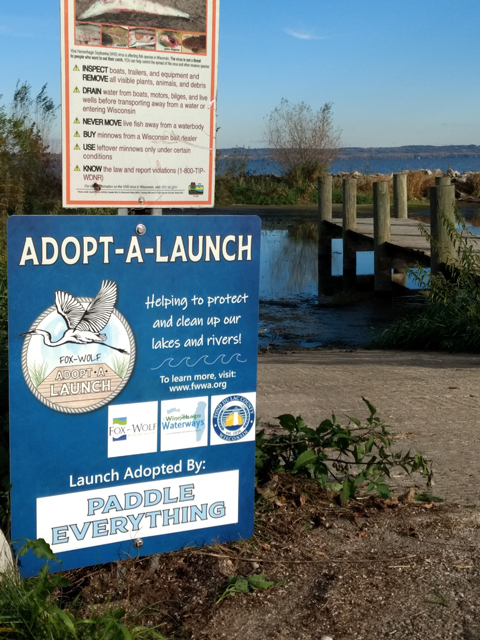
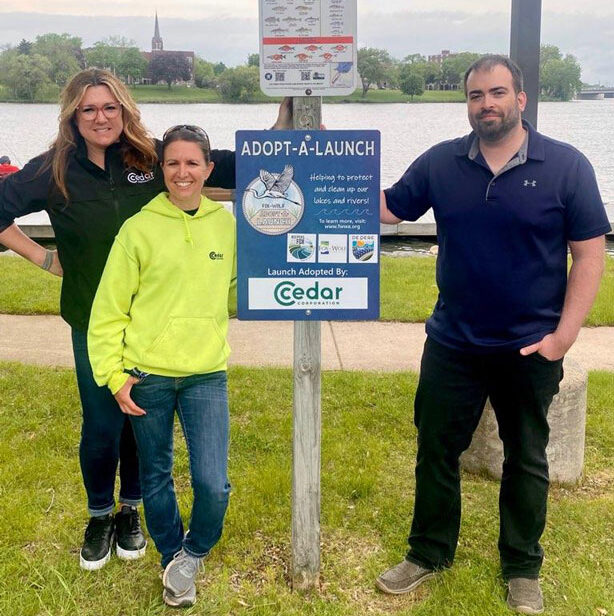
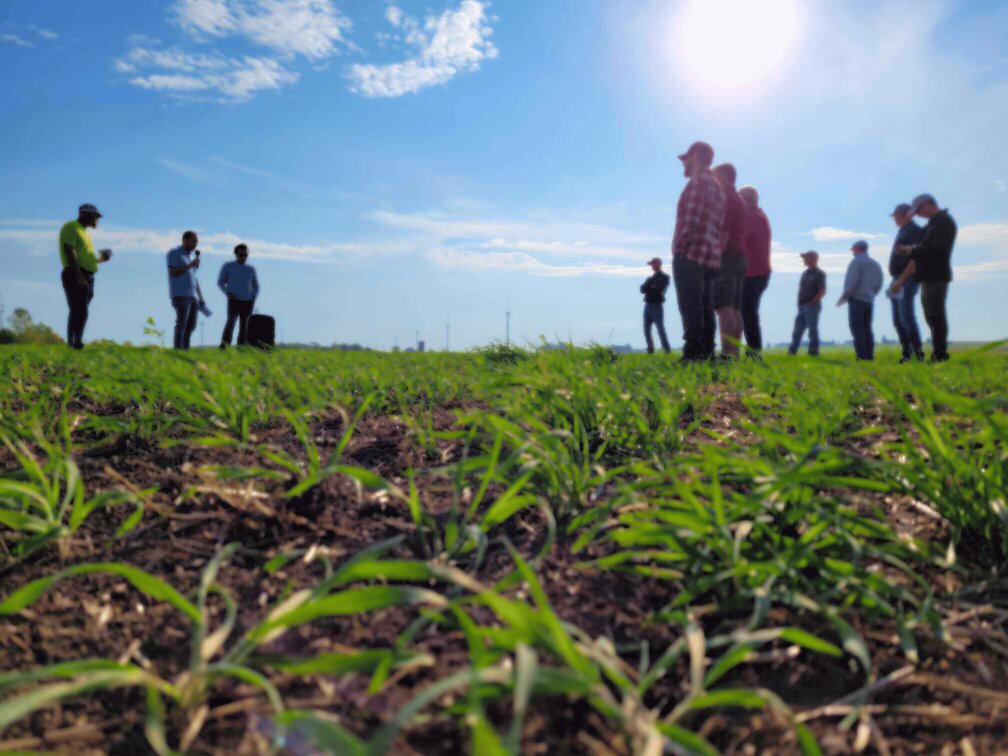
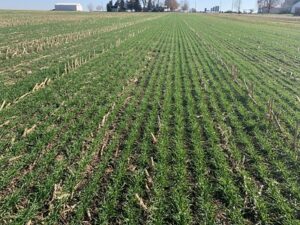
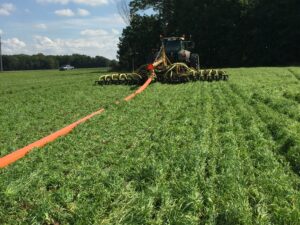
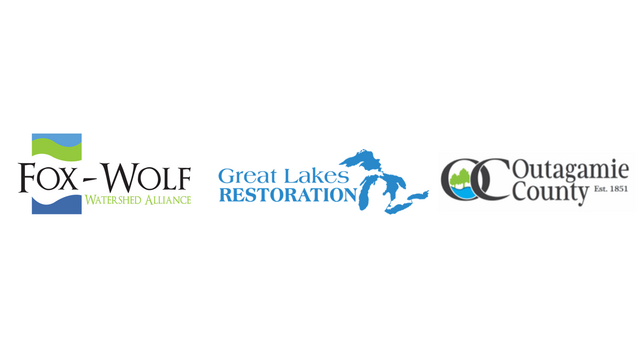
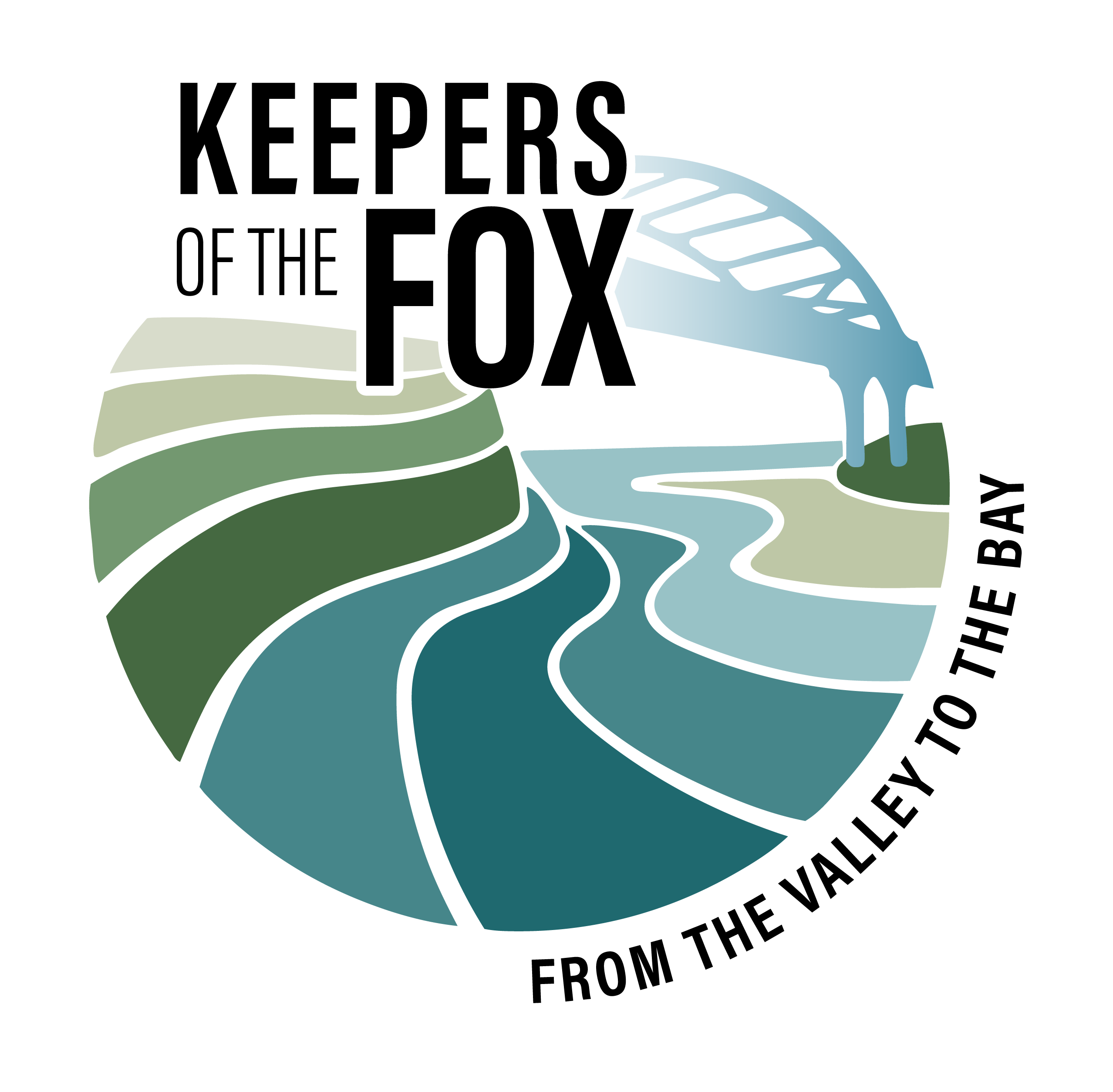
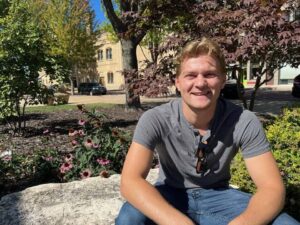
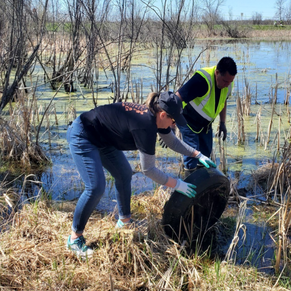
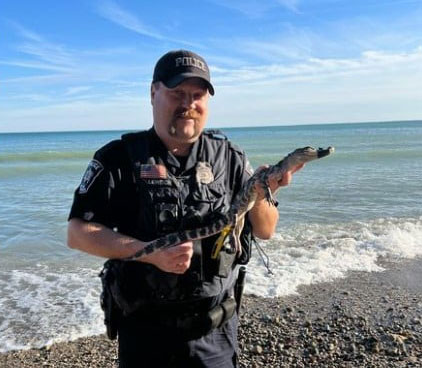
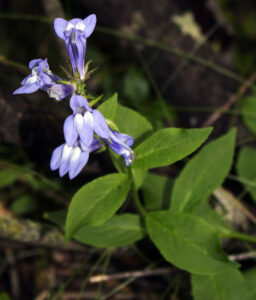
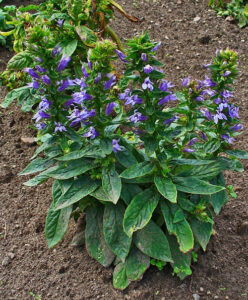
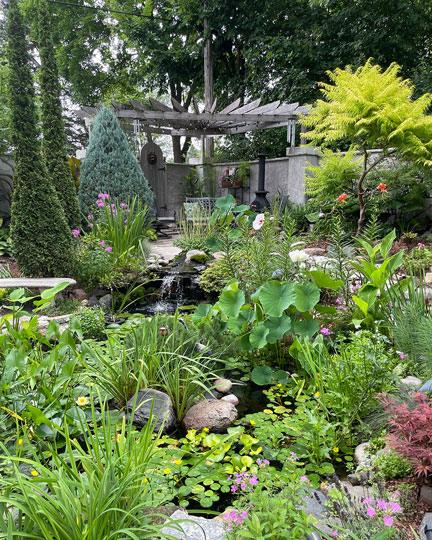
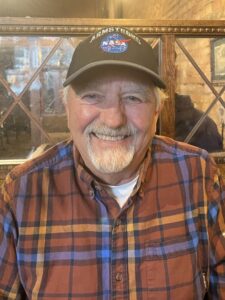
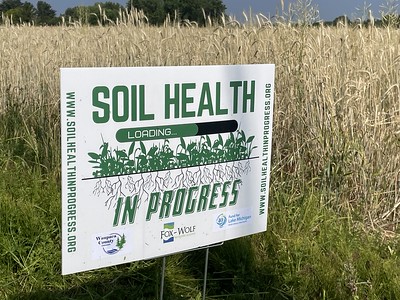
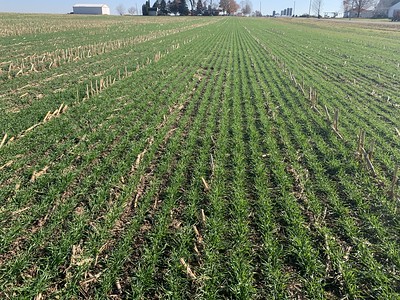

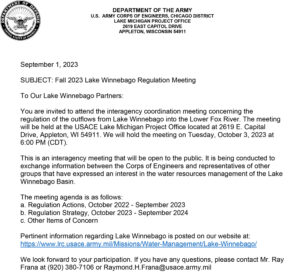
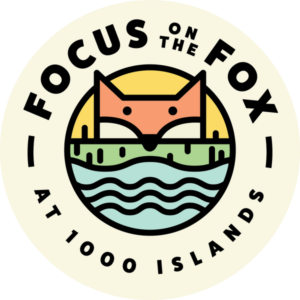 the Fox is a family-friendly event that celebrates World Rivers Day and the Fox River. Activities offered during the event include guided crayfish and critter hunting, guided nature hikes along the Fox River, fishing instructions for children with the KHS Fishing Team, Fox Lock demonstrations – Lock #3 with shuttle available, paper making, photo scavenger hunt, viewing of “The Power of the River” documentary, and river cleanup with Fox-Wolf Watershed Alliance
the Fox is a family-friendly event that celebrates World Rivers Day and the Fox River. Activities offered during the event include guided crayfish and critter hunting, guided nature hikes along the Fox River, fishing instructions for children with the KHS Fishing Team, Fox Lock demonstrations – Lock #3 with shuttle available, paper making, photo scavenger hunt, viewing of “The Power of the River” documentary, and river cleanup with Fox-Wolf Watershed Alliance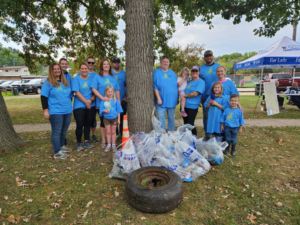 to see that registration filled during the week prior to the event. Amcor employees made up a majority of the group, along with a Boy Scout troup and other conservation-minded volunteers.
to see that registration filled during the week prior to the event. Amcor employees made up a majority of the group, along with a Boy Scout troup and other conservation-minded volunteers.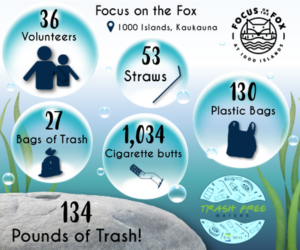 cigarette butts, 130 plastic bags, and 53 straws. After weighing up all of the trash, the total was 134 pounds of trash and debris! Other interesting finds include: a tire with rim, orange cone, metal trash can lid, fireworks, baseball, tarp, and a container with two hard-boiled eggs from Costco. Check out the infographic!
cigarette butts, 130 plastic bags, and 53 straws. After weighing up all of the trash, the total was 134 pounds of trash and debris! Other interesting finds include: a tire with rim, orange cone, metal trash can lid, fireworks, baseball, tarp, and a container with two hard-boiled eggs from Costco. Check out the infographic!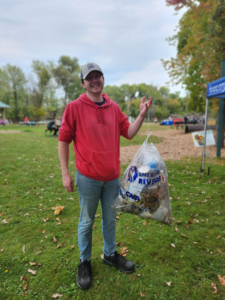
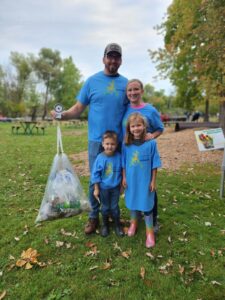
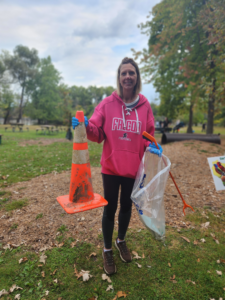
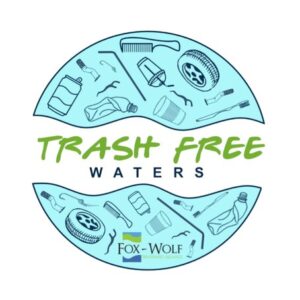
 kelly@fwwa.org
kelly@fwwa.org 920-915-1502
920-915-1502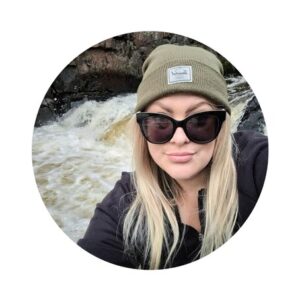
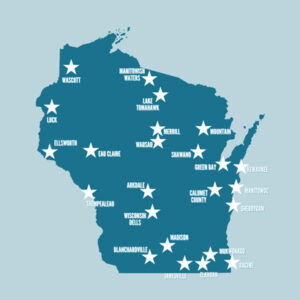 Extension Lakes. Volunteers met at different local rendezvous sites across the state to learn how to identify AIS such as Eurasian watermilfoil, purple loosestrife, and New Zealand mudsnails, and then searched for them in the field at pre-
Extension Lakes. Volunteers met at different local rendezvous sites across the state to learn how to identify AIS such as Eurasian watermilfoil, purple loosestrife, and New Zealand mudsnails, and then searched for them in the field at pre-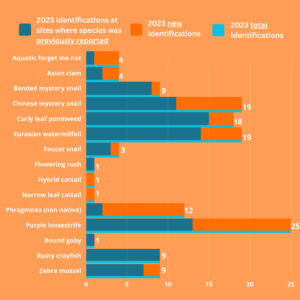 selected locations. Initially focused on rivers and streams, Snapshot Day has expanded to include lakes and wetlands. Findings from Snapshot Day are uploaded to the statewide water quality database, SWIMS, where they can be used to track the spread of invasive species and develop management plans.
selected locations. Initially focused on rivers and streams, Snapshot Day has expanded to include lakes and wetlands. Findings from Snapshot Day are uploaded to the statewide water quality database, SWIMS, where they can be used to track the spread of invasive species and develop management plans.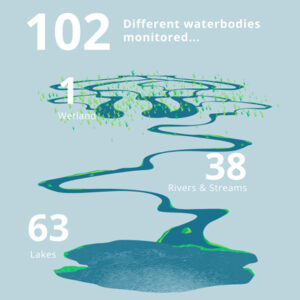 Snapshot Day’s community-based science approach maximizes the number of sites being checked across the state, and the free event allows volunteers to learn about their local waters and how to keep them healthy. As one volunteer stated, “I enjoyed the hands on learning approach. It was helpful to have well informed guides and samples of the invasive species to get a close look at. Once we had a good understanding of what to look for, it was fun to go out and collect samples of what we were finding.”
Snapshot Day’s community-based science approach maximizes the number of sites being checked across the state, and the free event allows volunteers to learn about their local waters and how to keep them healthy. As one volunteer stated, “I enjoyed the hands on learning approach. It was helpful to have well informed guides and samples of the invasive species to get a close look at. Once we had a good understanding of what to look for, it was fun to go out and collect samples of what we were finding.”
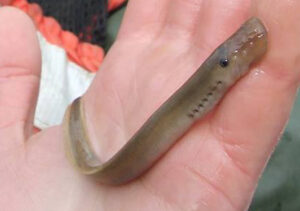
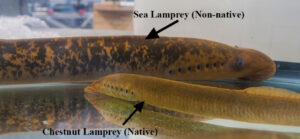
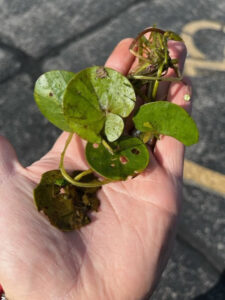 invasive species in the Bay of Green Bay.
invasive species in the Bay of Green Bay. 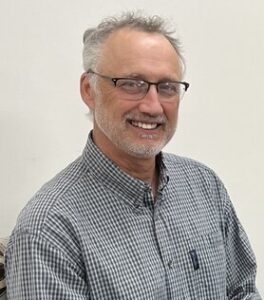
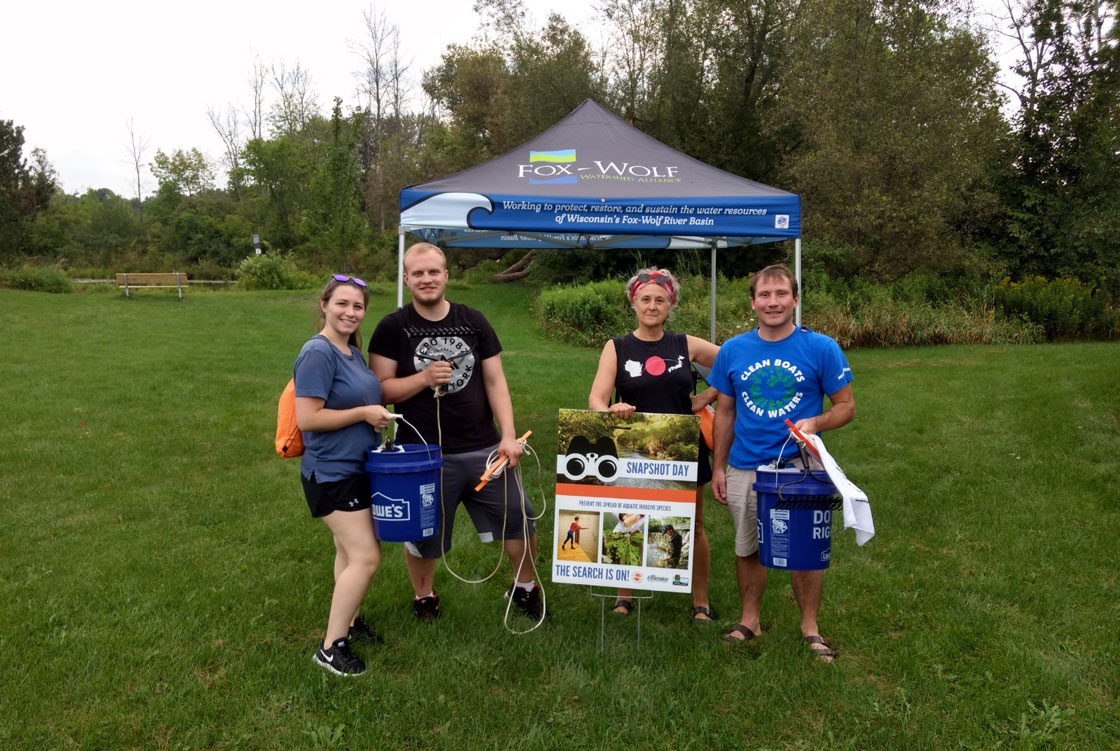 risks to Wisconsin waterways and wildlife. Volunteers have a choice to register at one of over twenty event locations hosted by local conservation groups.
risks to Wisconsin waterways and wildlife. Volunteers have a choice to register at one of over twenty event locations hosted by local conservation groups.